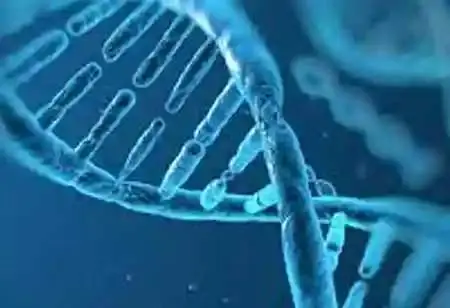For several decades, the medical world has acknowledged the relevance of molecular diagnostics, and this subject is particularly critical in cancer care.
FREMONT, CA: Molecular diagnostics investigates how these genes and proteins are interacting inside a cell. The focus is on gene and protein activity patterns in distinct types of malignant or precancerous cells. Molecular diagnostics uncovers these sets of alterations and captures this information as expression patterns. Also dubbed "molecular signatures," these expression patterns enhance the clinicians' capacity to identify cancer and propose more targeted therapy based on an individual’s molecular profile.
The role of gene analysis in molecular diagnostics
DNA microarrays, colloquially referred to as "gene chips," enable researchers to simultaneously monitor the expression of hundreds or thousands of genes. A DNA microarray is a small chip that contains thousands of single-stranded DNA fragments belonging to various genes of interest that have been put into microarray "spots."
A single microarray may have 10,000 or more spots, each containing DNA fragments from a distinct gene. Even better, a single gene chip can store representative pieces from the whole human genome.
The role of protein analysis in molecular diagnostics
Molecular diagnostics assess proteins’ form, function, and expression patterns in cells, tissues, or organisms.

